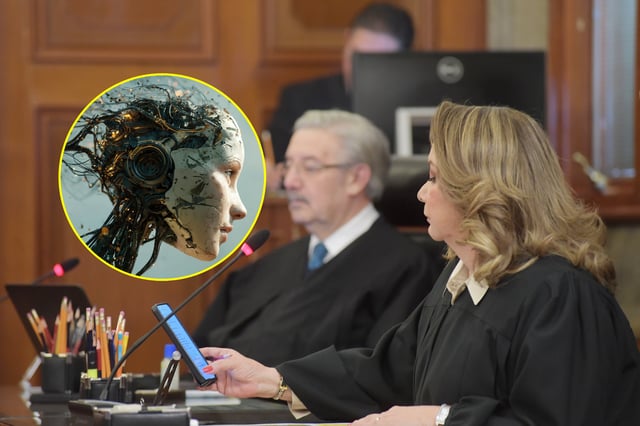Overview
- The Supreme Court’s Second Chamber unanimously denied an amparo, confirming that works created autonomously by AI cannot be registered as copyrights in Mexico.
- The Court upheld articles 12 and 18 of the Federal Law on Copyright as constitutional, defining authorship as a human right limited to natural persons.
- The ruling finds AI outputs fail the originality requirement because Mexican law ties originality to a human author’s personal imprint.
- The decision binds courts and Indautor, and the Court noted that the Berne Convention and USMCA do not confer authorship on AI systems.
- The dispute began with a 2024 attempt to register the AI-made work 'Avatar Virtual,' and the ruling pushes creators toward contracts, trade secrets, related rights or trademarks to protect investments.

